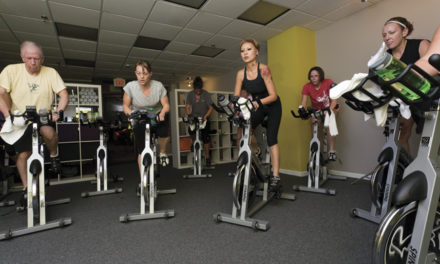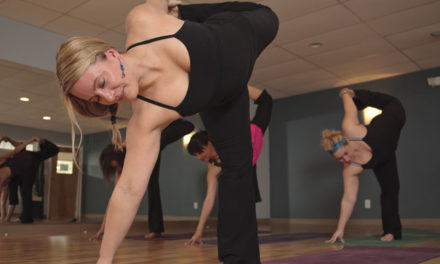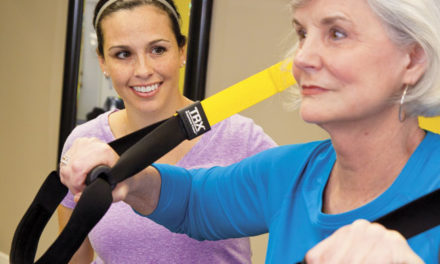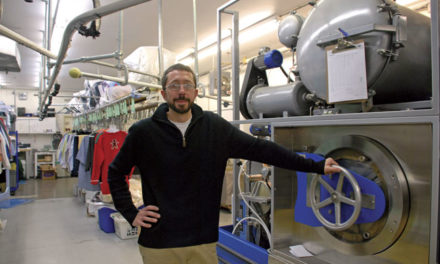BY JEREMY SHERE
Lots of people snore. But for many, snoring is more than just nocturnal noise—it’s a symptom of a potentially dangerous sleep-related breathing disorder. “It’s a big deal,” says Dr. David Lawler, a Bloomington dentist and a board-certified sleep medicine specialist. “People with sleep disorders often fly beneath the radar screen and don’t get proper treatment.”
Sleep-related breathing disorders, such as Obstructive Sleep Apnea and Upper Airway Resistance Syndrome, affect approximately 18 million Americans, according to the National Heart, Lung, and Blood Institute. The disorders involve a collapse of the upper airway, when the muscles of the tongue and throat relax during sleep and hamper or completely block breathing. People with such disorders often partially or fully wake several times per night—disruptions that shred their sleep and result in a host of debilitating repercussions, including daytime sleepiness, high blood pressure, obesity, and depression.
Lawler, a practicing dentist since 1972, became interested in sleep-related breathing disorders in the mid-2000s. He was attending a conference where one of the speakers explained how he had been diagnosed with sleep apnea but overcame the disorder by wearing a simple dental appliance. Correcting the problem changed the patient’s life.
Intrigued, Lawler realized that, as someone familiar with the anatomy of the mouth and upper throat, he, like many dentists, was in a good position to learn more and to treat sleep disorders. He also came to realize that there were many people in the Bloomington area who were desperate for help but who could not tolerate the traditional CPAP therapy (a pressurized mask worn during sleep).
“I got a call from a patient with sleep apnea who was so fatigued that he could hardly make it to the mailbox and back,” says Lawler, who operates The Center for Sound Sleep. He fitted the patient with a retainer-like device that gently moves the lower jaw and tongue base forward during sleep to open the airway and eliminate snoring. Immediately, the disorder abated. “He was in here recently and told me he’d just returned from walking part of the Appalachian Trail with his son.”
Currently, Lawler is the only south-central Indiana dentist certified in sleep medicine. He says many people with sleep-related breathing disorders are unaware of the problem because they don’t wake fully even as the blocked breathing disrupts their sleep cycle. So, if you are routinely sleeping the recommended seven to eight hours per night but still feeling exhausted, something may not be right, Lawler says.











